Keywords: Australian Catholics University
There are more than 200 results, only the first 200 are displayed here.
-
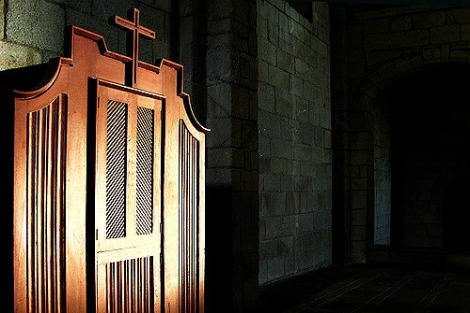
RELIGION
- Frank Brennan
- 05 December 2016
18 Comments
One distinctively Catholic practice is personal confession in which an individual confesses to God their sins and seeks forgiveness in the presence of and at the hands of a priest. Some groups and individuals are proposing to the royal commission that the seal of the confessional no longer be inviolable. I was quoted in The Australian saying, 'If a law is introduced to say that a priest should reveal a confession, I'm one of those priests who will disobey the law.' Being also a lawyer, let me explain.
READ MORE 
-
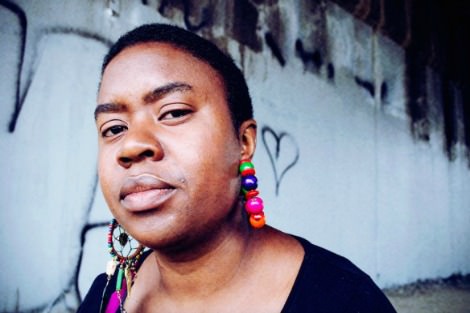
AUSTRALIA
- Neve Mahoney
- 25 November 2016
9 Comments
In a utopian world, free of racism and bigotry, there would be no problem with writers having complete artistic freedom. It becomes a problem when, for example, a white author takes the experiences of a Ugandan woman and writes a novel that becomes an acclaimed bestseller, while writers of colour struggle to get published and have their own stories told. This is white privilege at its finest. Morally, should the privileged be able to profit from the experiences and oppression of another culture?
READ MORE 
-
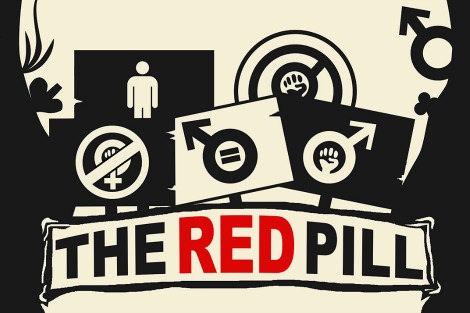
AUSTRALIA
- Neve Mahoney
- 27 October 2016
24 Comments
The 'men's rights' documentary The Red Pill has been pulled from Melbourne's Palace Kino cinema, sparking debate over censorship and what constitutes partisan reporting. The men's rights movement holds that 'feminism has gone too far', to the point that men are discriminated against. Since the internet and the third wave of feminism, the majority of MRA groups seem to be little more than a veil for misogynists to legitimise their sexism. It's a shame, because there are some MRA groups who raise real issues.
READ MORE 
-

RELIGION
- Frank Brennan
- 23 September 2016
18 Comments
'No good will be served by a royal commission auspiced by the state telling a Church how it judges or complies with its theological doctrines and distinctive moral teachings. By all means, set universal standards of practice expected of all institutions dealing with children, but do not trespass on the holy ground of religious belief and practice.' Fr Frank Brennan SJ addresses the Freedom for Faith Conference in Melbourne, 23 September 2016.
READ MORE
-

INTERNATIONAL
- Frank Brennan
- 05 September 2016
1 Comment
'I am a Jesuit amongst Dominicans contemplating the Church's view of human rights. I am a human rights practitioner rather than a theologian, aware that human rights discourse is increasingly more universal and secular. Contemplating, preaching and enacting human rights in the 21st Century Church and World, I come asking two questions.' Frank Brennan's keynote presentation in Salamanca Spain to the International Congress of Dominicans in the Promotion and Defence of Human Rights: Past, Present, Future on the occasion of their 800th anniversary.
READ MORE
-

AUSTRALIA
- Neve Mahoney
- 31 August 2016
28 Comments
If you're a cisgender straight person, the Irish vote 'no' poster, like 'Children need a mother and father', may not seem like a big deal. You may even agree with it. However, if you're a LGBTI young person who might be going through a process of denial and self-loathing about your sexual orientation or gender identity, it's just another reminder in your daily life that there are people who think you are wrong for being who you are. It's a sign that says you're not welcome or wanted here.
READ MORE 
-

RELIGION
- Frank Brennan
- 29 July 2016
81 Comments
Wednesday night's ABC 7.30 program carried allegations against Cardinal George Pell which, if true, are devastating: life ruining for victims like Damian Dignan and Lyndon Monument; confronting for all citizens committed to the wellbeing of children; and earth shattering for Catholics who still have faith in their church. The report is also troubling for those of us concerned about due process and the rule of law - not as academic notions for lawyers but as the secure bulwarks of a society in which everyone's rights and interests are protected.
READ MORE 
-
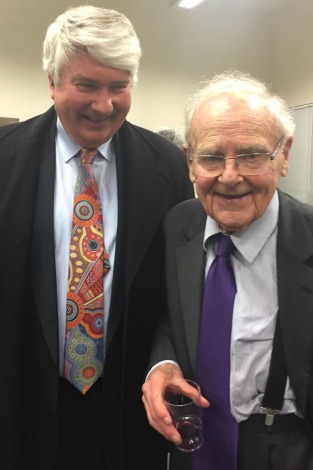
INTERNATIONAL
- Frank Brennan
- 26 July 2016
3 Comments
John traces the political ascent and descent of Sturzo whose first public office was as mayor of his own town. The chapter headings mark each step up and down the Everest of Italy's experiment with democracy and fascism: the emergence of political Catholicism in Italy; the dream takes shape; democracy without direction; democracy in decline; the search for a leader; the stick and the carrot; the voice of the watchman; and enter the night. Sturzo goes into exile; Mussolini takes over; and the Vatican is well pleased because the Roman Question is finally resolved in 1929 with the Lateran Treaties negotiated by Mussolini and Pope Pius XI, each of whom got what they were looking for.
READ MORE
-
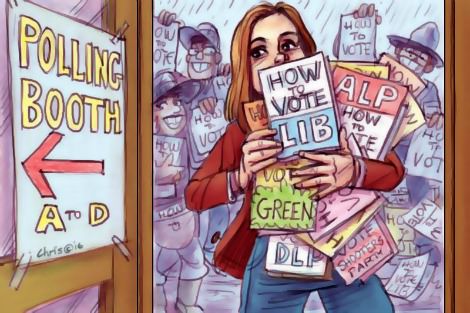
AUSTRALIA
- Neve Mahoney
- 29 June 2016
18 Comments
Honestly, I could talk all day about how growing up with Rudd/Gillard/Rudd followed by Abbott/Turnbull turned a generation away from politics. I could talk even longer about how seeing (mostly) white, (mostly) male politicians is its own form of alienation. But if I'm going to be the possible swing vote, the homogenous 'youth vote', I'm going to make it count. I know that I can't afford to disconnect; if for nothing else, I need to vote for the people who can't.
READ MORE 
-
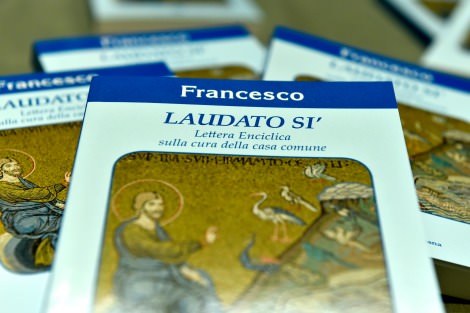
ENVIRONMENT
- Neil Ormerod
- 22 June 2016
23 Comments
It is now 12 months since Pope Francis issued his environmental encyclical Laudato Si'. He opined, 'Although the post-industrial period may well be remembered as one of the most irresponsible in history, nonetheless there is reason to hope that humanity at the dawn of the 21st century will be remembered for having generously shouldered its grave responsibilities.' Where are the Australian politicians who can give hope to the coming generation by focusing our attention on this most urgent issue?
READ MORE 
-
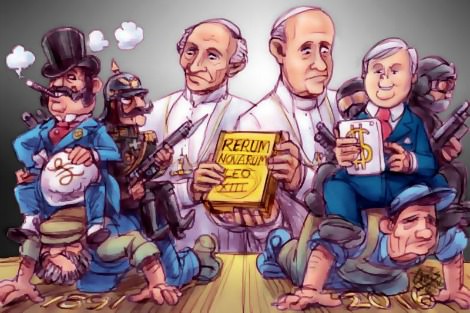
RELIGION
Pope Francis is determined to highlight the opposition of Christian social thinking to the tenets of neoliberalism or market fundamentalism, an ideology which assumes that free markets of themselves will produce the best outcome, and which pushes aside considerations of social or distributive justice. It is unlikely Francis would be waving the flag of social justice so boldly on the world stage had Pope Leo XIII not written his famous social manifesto, Rerum Novarum, 125 years ago.
READ MORE 
-

RELIGION
- Frank Brennan
- 02 May 2016
2 Comments
READ MORE